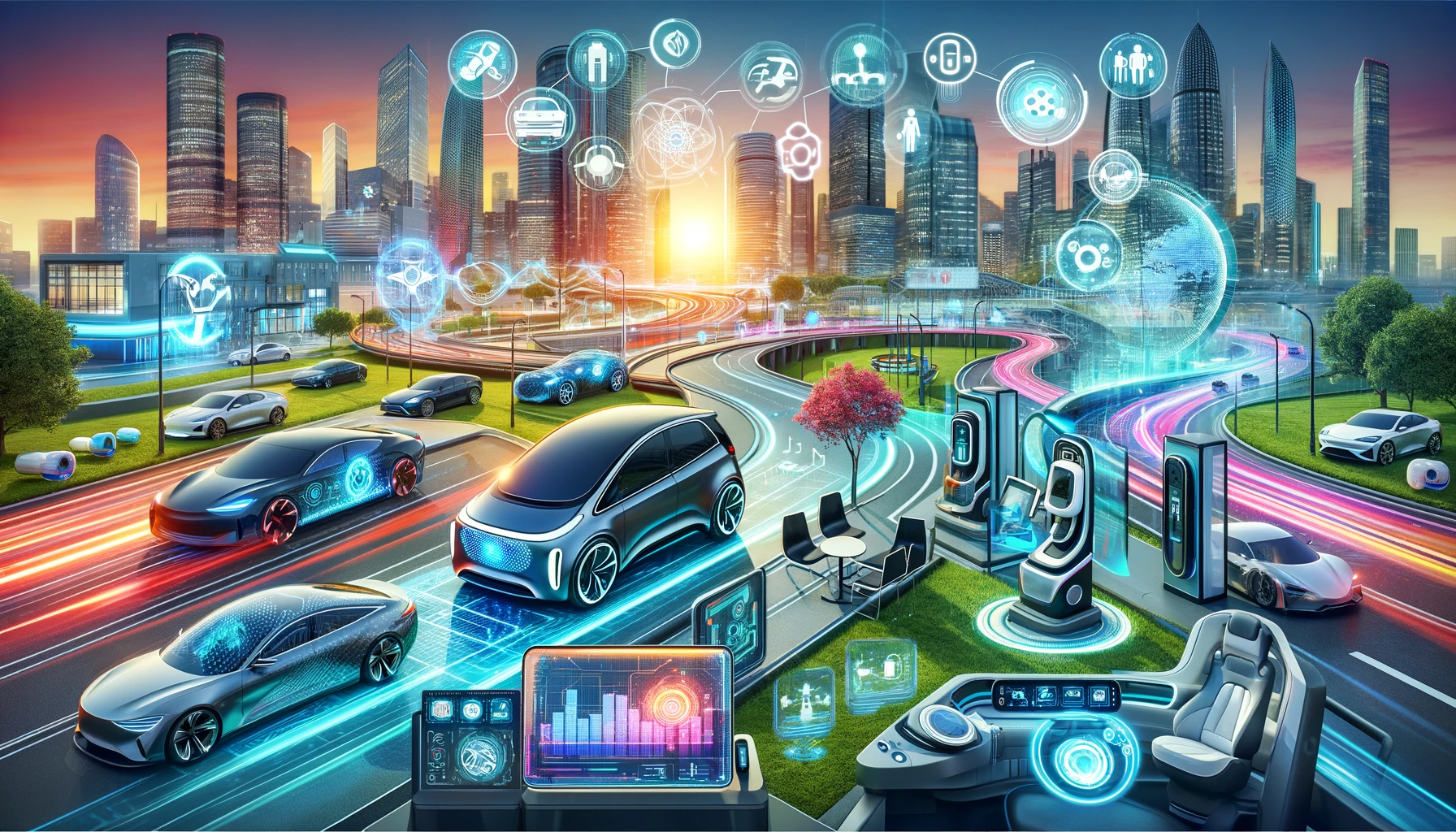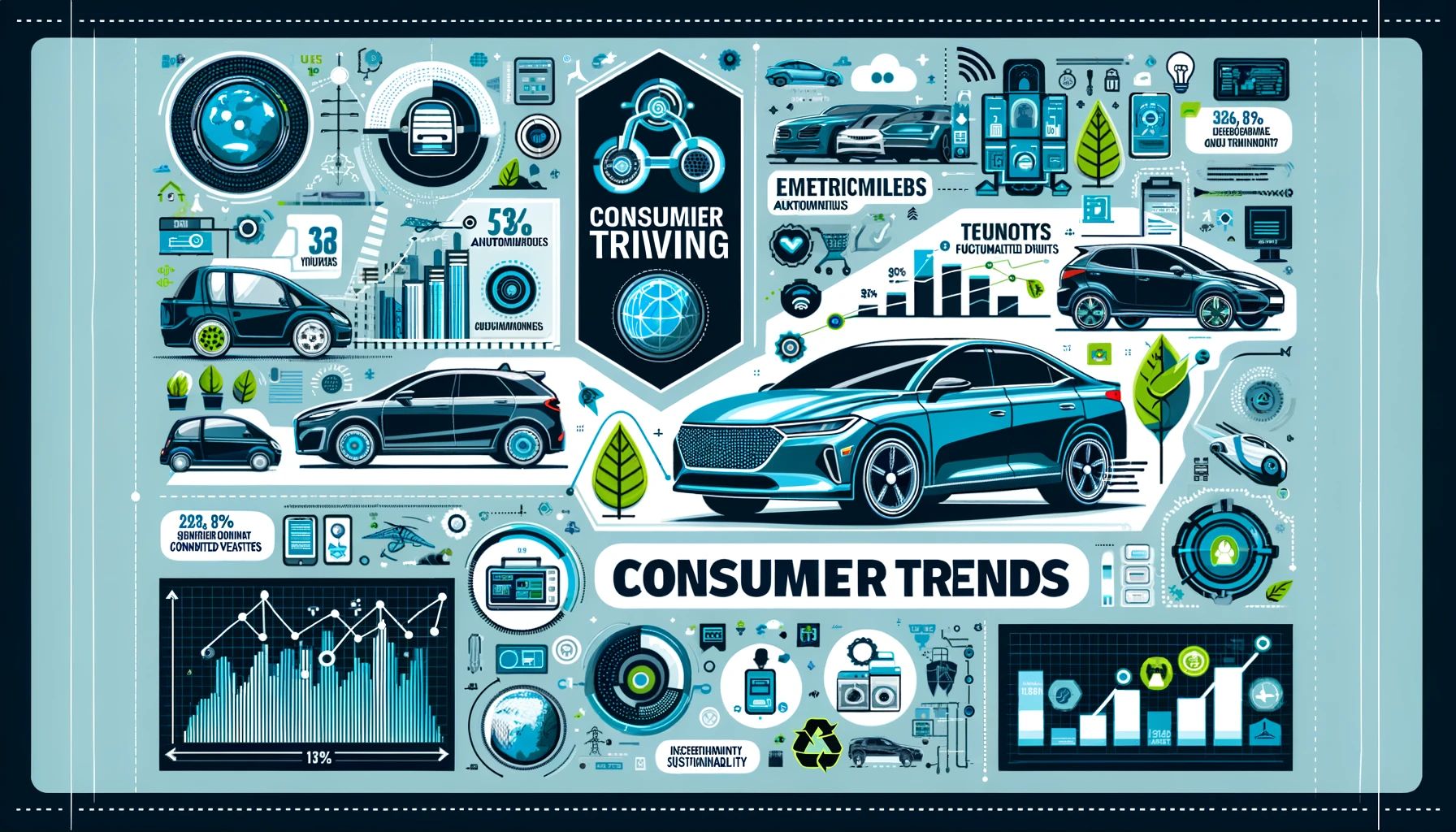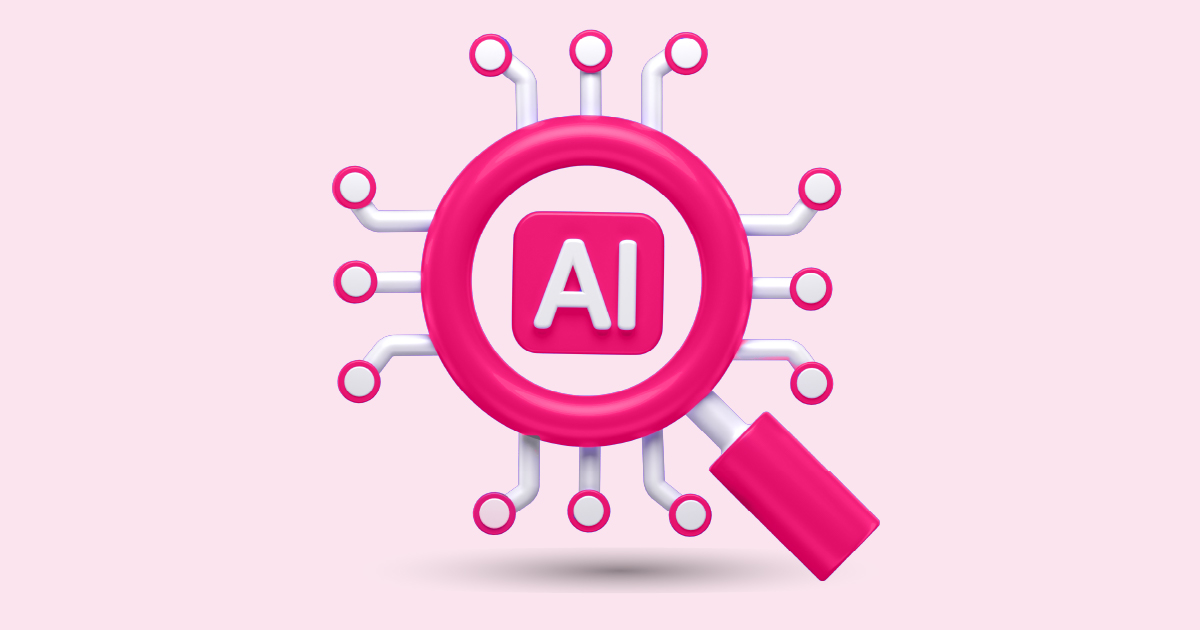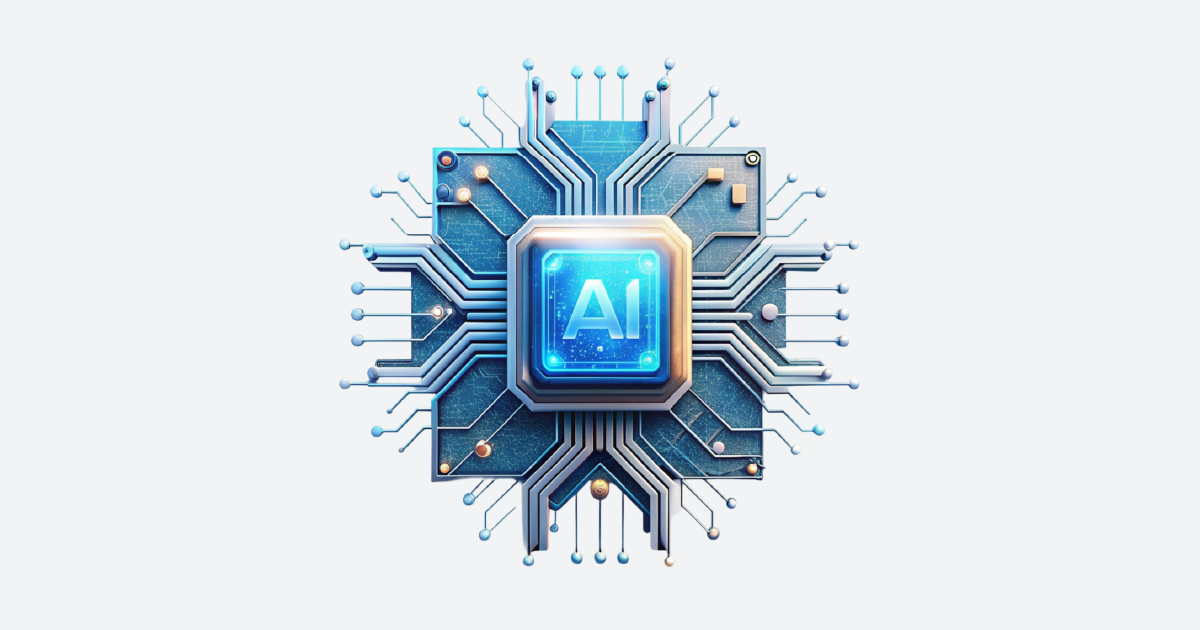The Rise of Electric Vehicles (EVs)
Electric vehicles have surged in popularity in recent years, becoming a significant focus for both consumers and manufacturers. Governments worldwide are incentivizing the adoption of EVs through subsidies, tax breaks, and stricter emission regulations. Leading companies like Tesla, Nissan, and Chevrolet are pioneering this shift, making EVs more accessible and appealing.
Autonomous Driving Technology
Self-driving technology is no longer a distant dream but an impending reality. Autonomous vehicles (AVs) are being developed and tested by companies such as Waymo, Uber, and traditional automakers. While fully autonomous cars are not yet commonplace, advanced driver-assistance systems (ADAS) are becoming standard. Consumers are gradually warming up to the idea of AVs, but widespread adoption will require further advancements and robust safety assurances.
Connectivity and Smart Features
Modern consumers expect their vehicles to be as connected as their smartphones. Features such as integrated GPS, Wi-Fi hotspots, and infotainment systems that sync with mobile devices are becoming standard. These smart technologies enhance the driving experience and are significant factors in consumer purchasing decisions. Automakers are continually innovating to offer the latest in connectivity, keeping up with consumer demand.
Sustainability and Eco-Friendly Options
Sustainability is a major driving force in today’s automotive market. Consumers are increasingly concerned about the environmental impact of their vehicles. This has led to a surge in demand for eco-friendly options, such as hybrid and electric cars. Automakers are responding with innovations like recyclable materials, energy-efficient manufacturing processes, and low-emission technologies. Brands like Toyota and BMW are at the forefront of this green revolution.
Subscription and Shared Mobility Services
Car ownership is no longer the only option for consumers. Subscription services and shared mobility solutions like car-sharing and ride-hailing are gaining traction. Companies like Zipcar and Turo offer flexible alternatives to traditional car ownership. These services appeal to urban dwellers and younger generations who prioritize convenience and cost-effectiveness.
Luxury and Customization Trends
Luxury vehicles continue to attract a significant segment of the market. High-end features, superior performance, and exclusive customization options make luxury cars desirable. Brands like Mercedes-Benz, BMW, and Audi cater to this demand by offering bespoke customization, allowing consumers to personalize their vehicles to their exact preferences.
Digital Retail and Online Sales
The shift towards online shopping has extended to the automotive industry. Consumers are increasingly comfortable purchasing vehicles online, spurred by the convenience and comprehensive information available. Digital retail platforms are transforming the car buying process, offering virtual showrooms and contactless delivery options. However, traditional dealerships face challenges adapting to this new model but also have opportunities to enhance their digital presence.
Health and Wellness Features
Health and wellness are becoming integral to vehicle design. Features such as air purifiers, ergonomic seating, and advanced climate control systems enhance the well-being of occupants. These innovations reflect a broader consumer trend towards health-conscious living, with automakers incorporating wellness technologies to meet this demand.
Consumer Focus on Safety Features
Safety remains a top priority for car buyers. Advanced safety features such as automatic emergency braking, lane-keeping assist, and adaptive cruise control are highly sought after. Consumers are more informed and cautious, preferring vehicles equipped with the latest safety technologies. This trend drives automakers to continuously innovate and enhance their safety offerings.
Financing and Leasing Trends
Economic factors influence consumer preferences for car financing and leasing. With fluctuating interest rates and economic uncertainty, more consumers are exploring flexible financing options. Leasing, in particular, is becoming more popular as it offers lower monthly payments and the ability to upgrade to newer models more frequently. Financial institutions and automakers are adapting their offerings to cater to these changing preferences.
Influence of Social Media and Online Reviews
Social media platforms such as Facebook Instagram, and YouTube play a critical role in shaping consumer opinions in the automotive industry. Potential buyers often turn to these platforms for reviews and recommendations. Positive online presence and engaging content can significantly influence purchasing decisions. Automakers are leveraging these platforms to connect with consumers, build brand loyalty, and enhance their marketing efforts.
Emerging Markets and Global Trends
The automotive industry is experiencing robust growth in emerging markets such as China, India, and Brazil. These regions show distinct consumer preferences and trends compared to established markets. For instance, compact and affordable vehicles are highly favored in these areas. Global trends like the shift towards EVs and smart technology are also influencing these markets, creating a diverse and dynamic global automotive landscape. Industries including automotive, technology, and manufacturing are increasingly targeting these emerging regions to tap into their growing consumer bases.
Conclusion
Understanding consumer trends is vital for navigating the rapidly evolving automotive industry. From the rise of electric and autonomous vehicles to the increasing demand for sustainability and connectivity, these trends are shaping the future of mobility. As automakers and industry stakeholders adapt to these changes, they must remain agile and innovative to meet the evolving needs and preferences of consumers.
To stay ahead of these trends and leverage the latest technologies in the automotive industry, request a test drive or demo from AIM Technologies today. Discover how our solutions can help you navigate the future of automotive consumer trends and drive your business forward in real time.
FAQs
1. What are the main factors driving the rise of electric vehicles?
- The rise of electric vehicles is driven by government incentives, environmental concerns, advancements in battery technology, and increased availability of charging infrastructure.
2. How are autonomous vehicles expected to change the automotive industry?
- Autonomous vehicles are expected to revolutionize transportation by enhancing safety, reducing traffic congestion, and providing mobility solutions for non-drivers. They also have the potential to disrupt traditional car ownership and ride-sharing models.
3. What are the most popular connectivity features in modern cars?
- Popular connectivity features include integrated GPS, Wi-Fi hotspots, Bluetooth connectivity, smartphone integration, and advanced infotainment systems that provide seamless interaction with digital devices.
4. How has the COVID-19 pandemic affected car buying behavior?
- The COVID-19 pandemic has led to an increased preference for personal vehicles over public transportation, a heightened focus on affordability, and a surge in online car shopping. Consumers are also more interested in used cars and flexible financing options.
5. What role does social media play in the automotive industry?
- Social media influences consumer opinions through reviews, recommendations, and engaging content. It helps automakers build brand loyalty, reach a wider audience, and drive sales by leveraging user-generated content and influencer partnerships.





